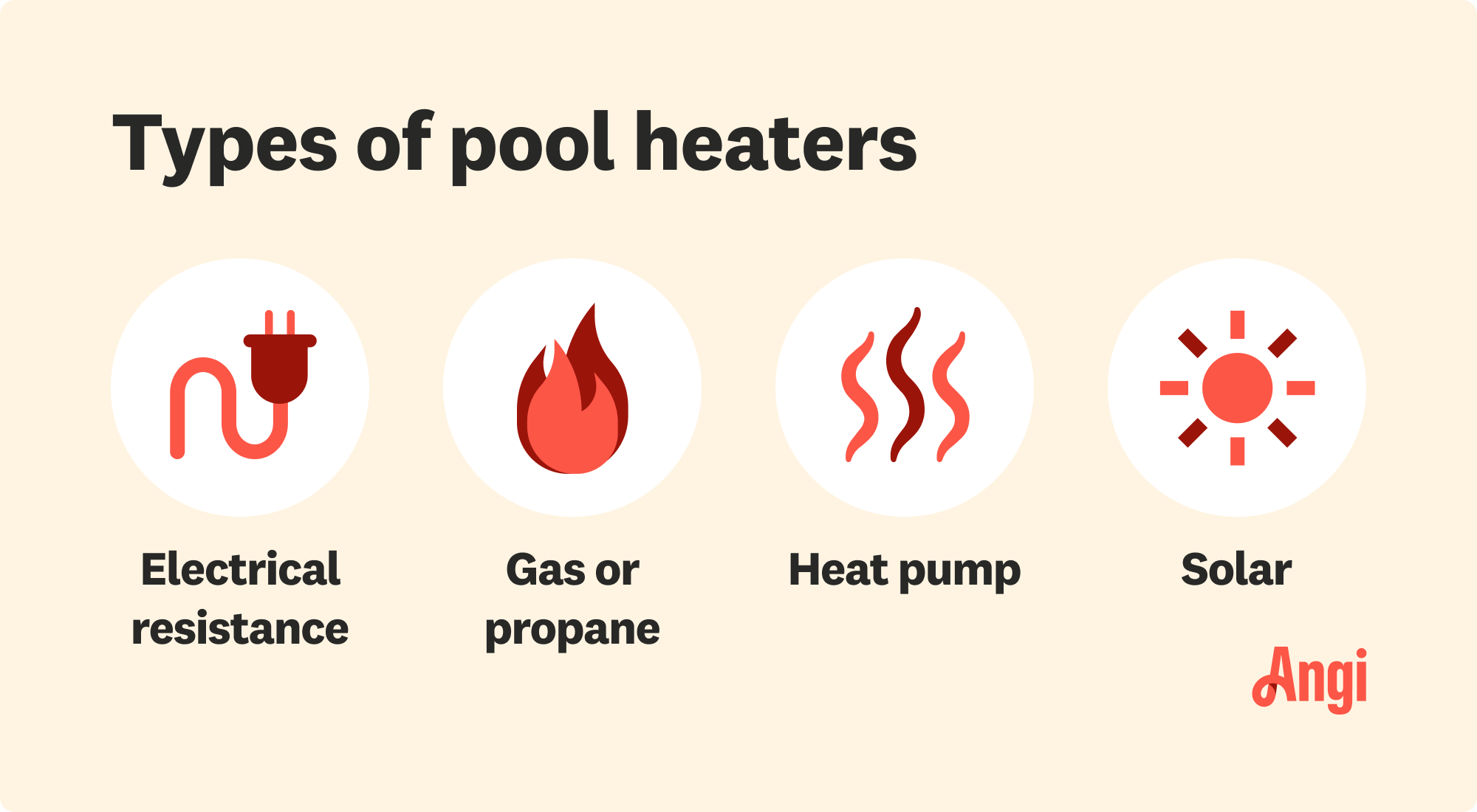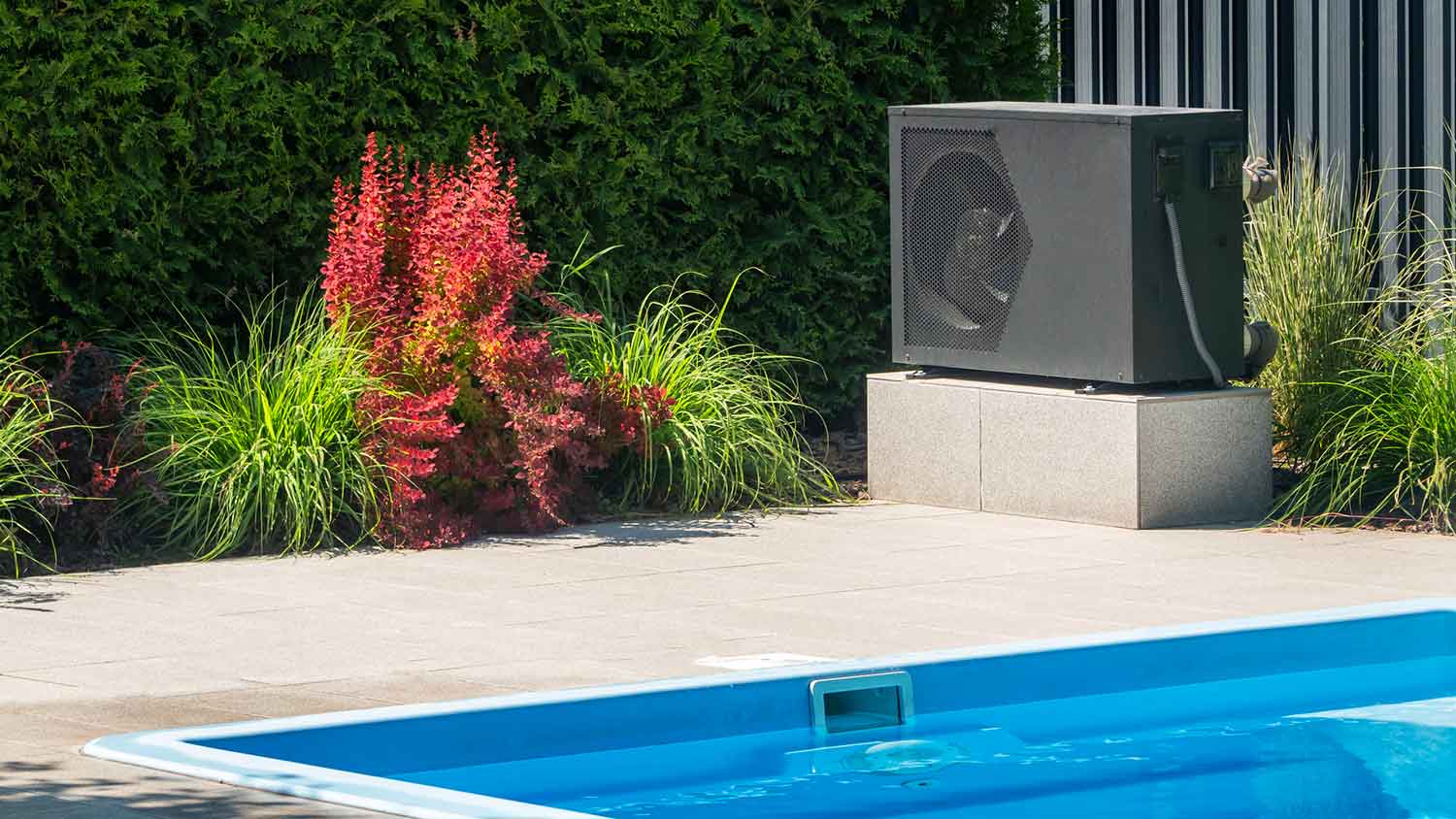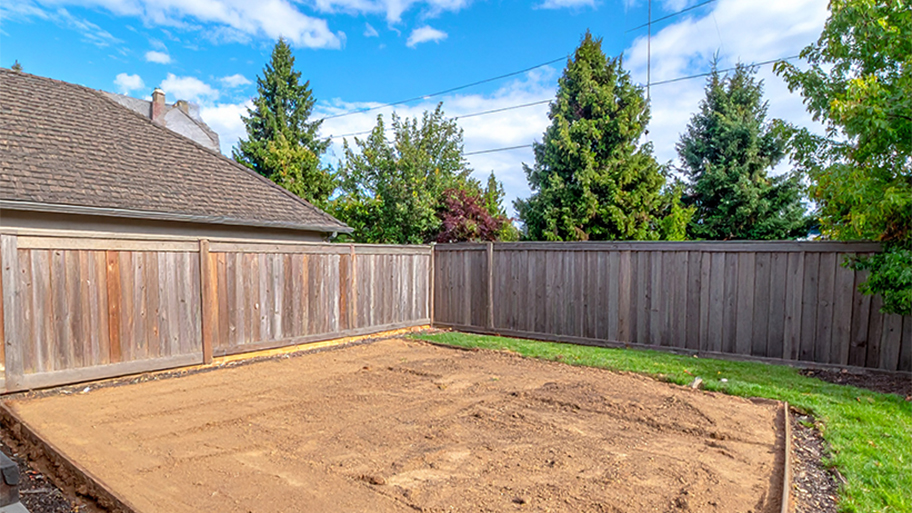
Lap pools are a great option if you're more interested in exercising than hanging out on a floatie. Learn all about lap pool costs in this guide.
Dive into warm waters


Keeping your pool at a comfortable temperature is the best way to enjoy a quick dip or a leisurely swim. That’s why a pool heater is an essential part of your pool’s operating system, but how long should a pool heater last? This guide covers the factors playing a role in how long a pool heater functions and offers tips on how to prolong a pool heater’s lifespan.
A pool heater's lifespan can range between five and 30 years. The actual lifespan depends on several factors, including the type of pool heater, the local climate, usage, and ongoing maintenance.
There are different types of pool heaters to choose from, each with an estimated lifespan. However, the number of years a pool heater lasts is also affected by the amount of maintenance you perform and the climate in which you live.

There are three types of pool heaters: solar, electric, gas, and heat pump. Solar pool heaters have the longest lifespan, followed by electric and then gas models.
Solar pool heaters: 20–30 years
Electric pool heaters: 10–25 years
Gas pool heaters: 5–10 years
Heat pump pool heaters: 10+ years
Proper pool heater maintenance helps prolong its lifetime and should be done at least once per year. The cost to install a pool heater averages $3,000 for the unit and installation, so proper maintenance is essential to getting your money’s worth.
But you have to worry about more than pool heater maintenance. You also need to ensure the pool itself is maintained properly so it won’t put undue pressure on the systems and equipment. This includes maintaining the correct chemical balance, skimming debris from the surface, changing filters on a regular basis, and looking for any signs of damage to the components.
While you can do some of this maintenance on your own, you can hire a pool heater service near you to ensure everything is done correctly and on time.
The climate you live in will affect how hard the pool heater has to work which, in turn, will affect how long it lasts. In colder climates or climates with large swings between nighttime and daytime temperatures, the pool heater will have to work harder to maintain a consistent temperature. Wind and humidity can also affect the water temperature and make the heater work harder.

Pool heaters come with a warranty, but to take advantage of it, you’ll likely have to fill out the warranty form within a certain amount of time after purchasing the unit. Pool heater warranties differ depending on the manufacturer, but they range from one to five years. Read the warranty information carefully so you know what it covers and how to make sure it’s valid if you need to use it.
Unfortunately, there are situations in which pool heaters need to be replaced if they’re not functioning properly. Other times, you can do some pool heater troubleshooting to fix the issue. Signs it may be time to replace or repair your pool heater include:
Strange noises
Signs of rodents (chewed wires, debris, or nests)
Higher utility bills due to inefficient heating
Rust or corrosion
Fluid leaks
Not heating properly
If you’re having issues with your pool heater but it’s still under warranty or fairly new, you can consider repairing it. If the warranty period is over or the pool heater is nearing the end of its lifespan, it’s a better idea to consider replacing it. You’ll also need to weigh the costs of replacing the pool heater or repairing it.
From average costs to expert advice, get all the answers you need to get your job done.

Lap pools are a great option if you're more interested in exercising than hanging out on a floatie. Learn all about lap pool costs in this guide.

When murky waters and slimy surfaces get in the way of your pool parties, it may be time to consider the cost to acid wash a pool. Refresh your pool by bringing in the pros.

Knowing you have a pool leak is one thing, but finding it is another. We'll cover pool leak detection costs and what to expect from the repair bill.

You can build an above ground pool on uneven ground if you take the time to level it. This guide will show you how to level ground for a pool in a few easy steps.

If you're curious about building your own pool, here's all you need to know about the process—and why hiring a team of pros is often your best bet.

Ready to say goodbye to your swimming pool and hello to lush, green grass? Learn how to fill a swimming pool with dirt to ensure proper drainage for an even yard.